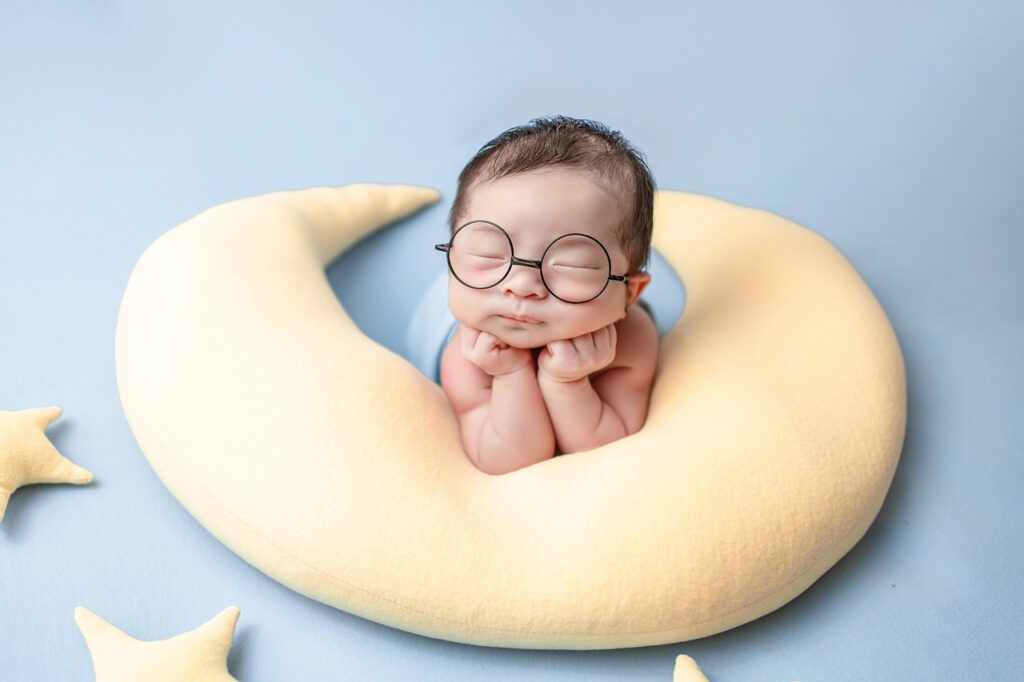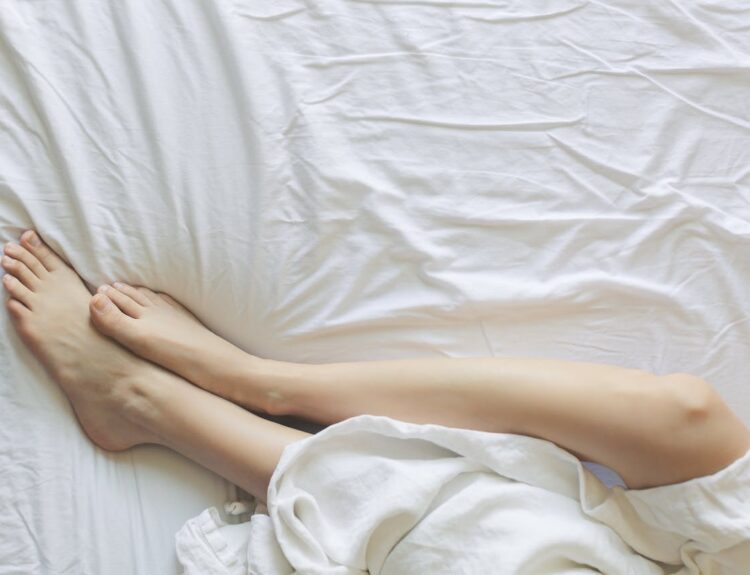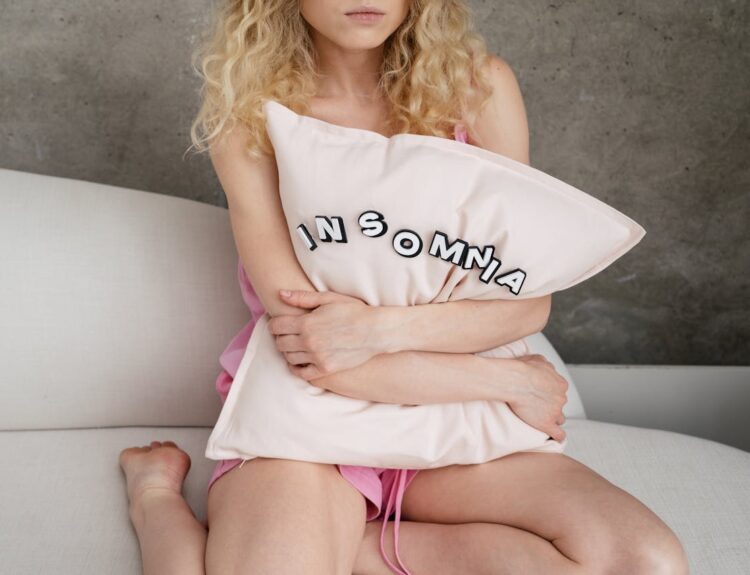Each of us sometimes happens to stay awake until the early hours of the morning. Getting up in 2 or 3 hours can be a big problem, whether it’s insomnia or you can’t stop watching Netflix. Then we all wonder if it is better to sleep only a few hours or not to sleep at all.
If you have to choose between little and no sleep, we advise you to choose rest, even if it’s for 15 minutes. This article reveals how many hours of sleep you need for normal functioning the next day, whether you should work out and run if you had little sleep the night before, and the most common consequences of lack of sleep.
SHOULD YOU SLEEP FOR THREE HOURS OR STAY AWAKE?
Here’s why we’re even considering this question. We have all experienced that after a short period of sleep, we feel refreshed, but it can also happen that we feel groggy and more tired than before rest, and we can see that best when it comes to afternoon power naps.
Studies show that after a 30-minute nap, sleep inertia often occurs. It is a period of reduced alertness when we feel confused and sometimes even less rested than before sleep. That’s why daytime naps are best if they last between 10 and 20 minutes. Click here for our article about it.
Does the same apply when it comes to sleeping at night? We need to understand the sleep phases to get the correct answer to this question. There are 2 phases of sleep:
- Non-REM – Non-rapid eye movement sleep
- REM – Rapid eye movement sleep
Sleep begins with non-REM sleep, which has three stages. See the table below for details.
SLEEP CYCLE
| Non-REM | Stage 1 | The first few minutes | The muscles relax; Slow eye movements |
| Stage 2 | Lasts up to 25 minutes | Brain waves slow down; Eye movements stop | |
| Stage 3 | Lasts up to 40 minutes | Deep sleep | |
| REM | Usually starts after an hour after you fall asleep. During this phase, your brain is active much like it is during waking hours. Muscles become limp, and the eyes twitch. Dreaming occurs. | ||
This cycle starts every approximately 100 minutes. Experts say there are four to six cycles per night.
Now that you know exactly what happens when you fall asleep minute by minute, you can quickly determine what you will achieve with a certain length of sleep. Calculate by cycles. One cycle lasts about an hour and a half. In 3 hours of sleep, you would complete two cycles, and the body would start renewing its energy reserves. You will agree that it is much better than no sleep at all.
HOW MUCH SLEEP DO YOU NEED BY AGE?
Studies show that it is common for newborns to sleep up to 17 hours a day, preschoolers up to 13 hours, and teenagers between 8 and 10 hours a day. Recommendations for adults are between 7 and 9 hours of sleep per day, but research shows that more than 30% sleep less than 6 hours a night.
Sleep plays a vital role in maintaining our physical and mental health. However, we often forget that or prioritize other things when we are overwhelmed by our daily obligations. We usually hope to make up for missed sleep on weekends or days off, and the truth is that we often don’t get enough sleep even then.
Insufficient sleep is one of the biggest problems of modern society because it increases the risk of many serious diseases. In addition, the length and quality of sleep directly affect how we feel the next day, our emotions, our concentration, and our ability to learn. The interaction between sleep and mood has become an essential topic of many scientific studies.
That is why it is necessary that if you get into the habit of sleeping less than the recommended time, you should try to change it as soon as possible. In the following, we bring a few simple tips to help you fall asleep more easily and faster and achieve better sleep quality.
SHOULD YOU WORK OUT OR RUN ON 3 HOURS OF SLEEP?
Sleep is crucial for people who engage in sports activities, and insufficient sleep directly affects our physical performance, speed, and endurance. Also, researches confirm that inadequate sleep is one of the athletes’ most common causes of musculoskeletal injuries. Many studies have shown that those who sleep little have less energy to work out the next day and that exercise lasts much less than otherwise.
Training is the easiest to skip if you are tired from a lack of sleep. On the other hand, exercise boosts your energy and reduces the risk of daytime sleepiness and sleep problems.
It is best to start with working out or running and judge whether you can withstand the training. If you feel too exhausted, stop exercising and take a rest day.
If you think skipping your exercise schedule would lead you to blame yourself, choose a less intense form of physical activity. We suggest walking as an ideal choice if you didn’t get enough sleep the night before. Here you can read how this simplest form of exercise can improve your mood and make you feel good quickly, and what is also essential, the risk of injury is minimal.
TIPS TO FALL ASLEEP FASTER AND EASIER
- Relax before bed – Treat yourself to a relaxing bath or drink a cup of soothing tea (valerian or chamomile tea)
- Your bedroom should invite sleep – Remove electronic devices that interfere with sleep, such as the TV and computer. Instead, decorate the bedroom with a Himalayan salt lamp, which has a beneficial effect on sleep.
- Your bed must be comfortable – Choose a quality mattress and pillows that are neither too hard nor too soft, and put a few drops of essential oils that positively affect sleep, such as lavender oil. You can also try a lavender pillow.
- Set the appropriate temperature in the bedroom – If your bedroom is too warm, it will be difficult for you to fall asleep.
- Avoid coffee and alcoholic beverages before bed – These are stimulants that negatively affect the quality and duration of your sleep.
- Have moderate and regular exercise – Regular exercise improves sleep and reduces the risk of daytime sleepiness. However, one should be careful here because exhausting and long-lasting exercises can sometimes have the opposite effect and even disrupt sleep.
- Avoid heavy and spicy food before going to bed – Instead, choose melatonin-rich foods, which help you fall asleep more quickly and improve sleep quality. Melatonin, for example, is found in bananas, hazelnuts, almonds, oats, rice, and tomatoes.
- Limit afternoon naps – Naps are a great way to refresh yourself when your productivity drops during a busy day. To feel the benefits of power naps and avoid disrupting your night’s sleep, limit them to 20 minutes.
WHAT ARE THE CONSEQUENCES OF LACK OF SLEEP?
Feeling sleepy the next day after a night with little or no sleep is the first thing you notice. You don’t have enough energy, you can’t concentrate, you’re in a bad mood, and you’re just waiting for the time to pass so that you can sleep. Most people do not attach much importance to it. However, if this happens regularly, it leads to chronic fatigue, which is the primary indicator that we urgently need to change something in our lifestyle.
Lack of sleep can lead to severe health conditions such as:
- Cardiovascular diseases (CVD)
- Mental illness, including depression and anxiety
- Obesity
- Diabetes mellitus
- Cancers
- Pulmonary diseases
- Gastrointestinal diseases
- Neurological diseases
- Kidney diseases
- Musculoskeletal diseases
_____
Sleep is the key to our good health. So try to have nights with a few hours of sleep as rarely as possible, and don’t let it become a habit because the potential consequences of sleep deprivation are severe.
This post may contain affiliate links. You can read the affiliate disclosure here.








